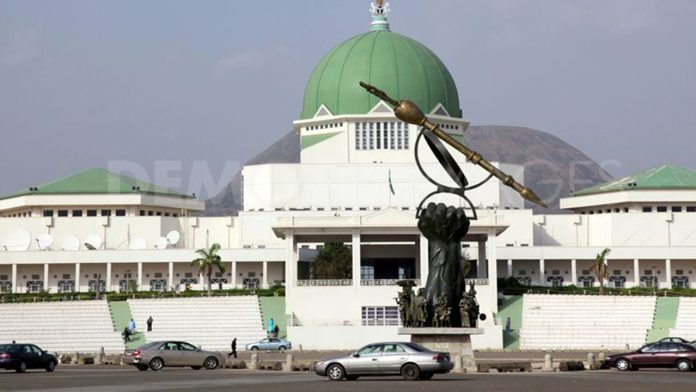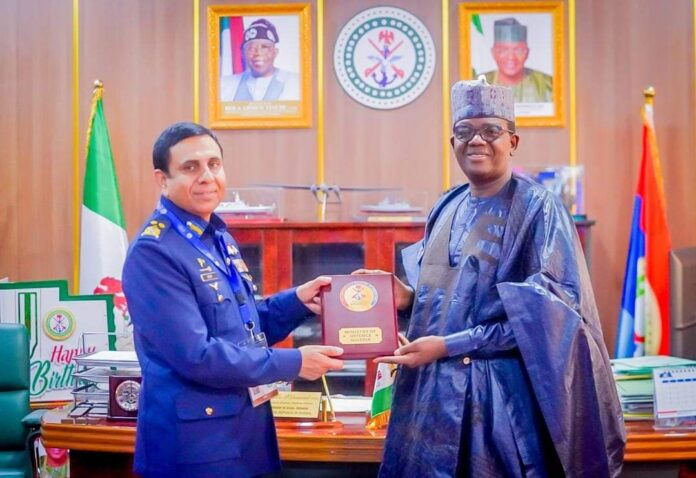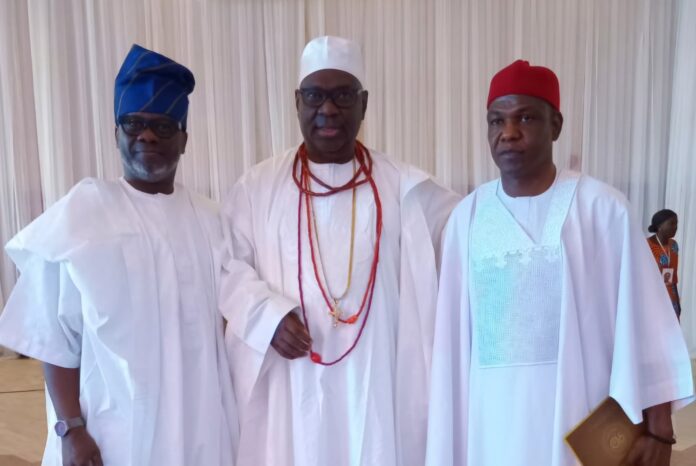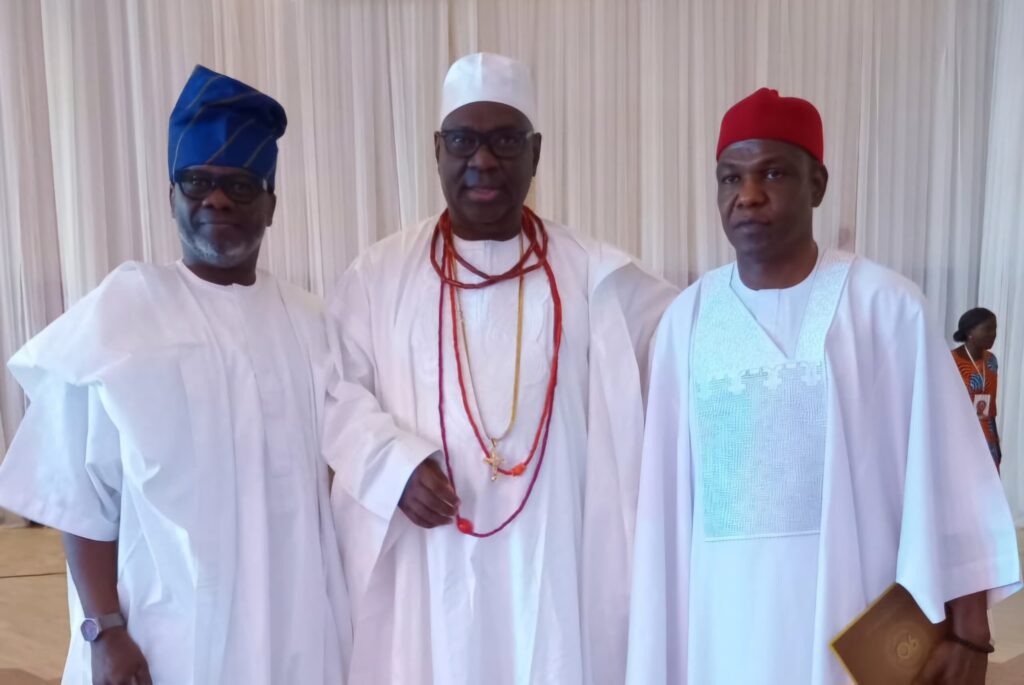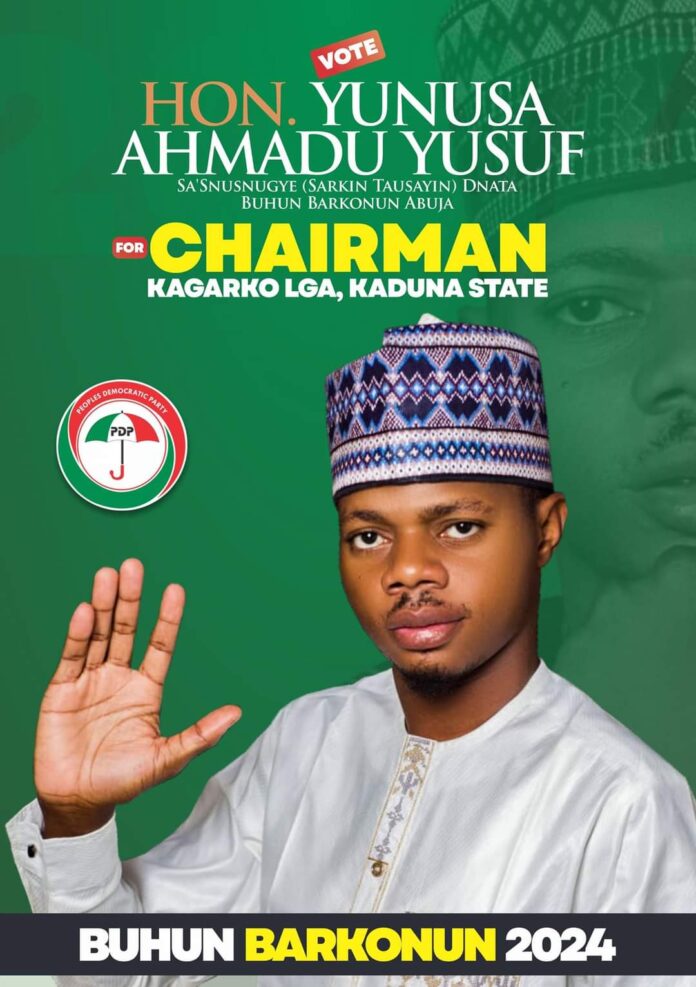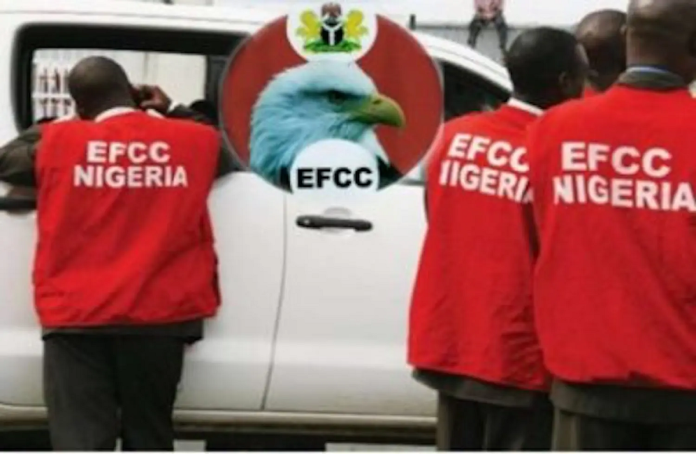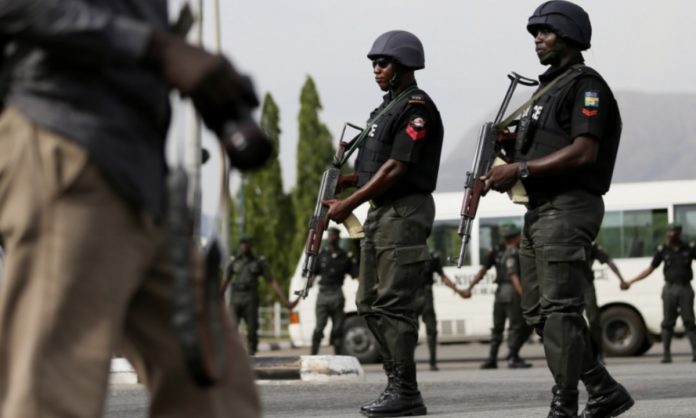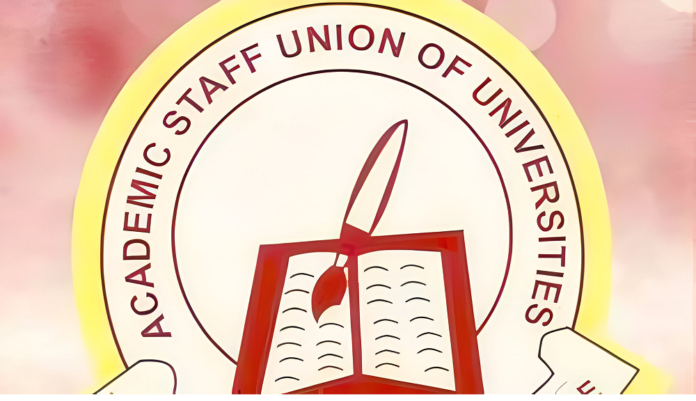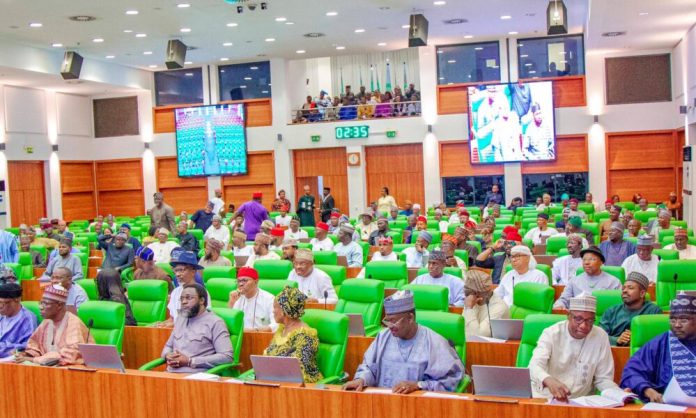The proposed legislation is viewed as a step toward expanding participation in Nigeria’s electoral system, writes Paul Effiong.
In a bold move to reshape Nigeria’s electoral landscape, the reintroduction of the Independent Candidacy Bill in Nigeria seeks to amend the 1999 Constitution by establishing a legal framework for individuals to contest elections without political party affiliation. When passed into law, this proposed legislation could pave the way for greater political participation, inclusivity, and more direct representation for citizens at the local, state, and federal levels.
At its core, the Independent Candidacy Bill is aims to provide citizens with the opportunity to run for public office as independent candidates, challenging the dominance of established political parties.
With many Nigerians feeling disconnected from traditional party structures, particularly women, youth, and persons with disabilities, the bill offers an alternative route for political engagement.
Sponsored by Honourable Akintunde Rotimi Jr., a prominent legislator representing Ekiti North 1 Federal Constituency, the bill has generated significant public interest.
As House Spokesperson and Chairman of the House Special Committee on Media and Public Affairs, Honourable Rotimi is known for his expertise in public policy and development.
His push for the Independent Candidacy Bill underscores the need for greater diversity in the electoral process and an opportunity to reshape Nigeria’s democratic future.
ElectHER, a non-partisan civil society organization, has partnered with Honourable Rotimi to champion the bill. ElectHER has played a critical role in providing technical support and advocacy, emphasizing the bill’s potential to foster active political participation by marginalized groups.
Nigeria’s current electoral system restricts candidates to those sponsored by political parties.
This has often led to a lack of genuine representation, with many voters feeling their interests are not adequately reflected by party-affiliated candidates.
The Independent Candidacy Bill addresses this by opening the door to credible individuals who may not align with existing political structures but have the capacity and public support to lead.
Under the bill, any Nigerian citizen who meets the general qualifications for office can contest elections as an independent candidate.
These candidates are not required to have any previous affiliation with a political party.
However, to ensure only serious candidates with genuine public backing participate, the bill includes specific safeguards.
For instance, independent candidates must gather signatures from at least 10% of registered voters in their electoral area, such as a ward, senatorial district, or state.
This signature requirement serves as a measure of community support, reducing the risk of unqualified candidates crowding the ballot.
The Independent National Electoral Commission, INEC, will be responsible for verifying the authenticity of the signatures and ensuring independent candidates meet the same standards as their party-sponsored counterparts.
This includes access to public debates, media coverage, and adherence to campaign financing rules.
A significant benefit of the Independent Candidacy Bill is its potential to strengthen grassroots political movements.
Local leaders, who may not have the resources or connections to join national political parties, will have the chance to run for office based on their local support.
This could lead to a more inclusive political landscape, with increased representation for women, youth, and marginalized communities.
Furthermore, independent candidates are directly accountable to their electorate, rather than to political party structures.
This dynamic encourages issue-based campaigns and prioritizes the needs of constituents over party interests, promoting better governance and representation.
While the bill seeks to democratize political participation, it does not aim to undermine political parties. Political parties will continue to play a significant role in Nigerian elections, but the bill ensures that independent candidates are given a fair chance to contest, providing voters with more options.
Independent candidates must meet strict qualifications, such as paying a security deposit to INEC, which is only refundable if the candidate garners at least 10% of the total votes cast.
This regulation ensures that only serious candidates with real chances of success enter the race.
Nigeria’s move toward independent candidacies mirrors similar systems in other democracies. For example, countries like the United States, India, and South Africa allow independent candidates to contest elections at various levels of government.
These nations have demonstrated that independent candidates can contribute meaningfully to governance, often representing grassroots interests more effectively than political parties.
In the United States, independent politicians such as Bernie Sanders have made significant contributions at the federal level. In India, independents play key roles in both local and state governments.
South Africa recently expanded independent candidacy to include national elections, recognizing the need for broader political participation beyond party structures.
While the Independent Candidacy Bill presents an exciting opportunity for political reform in Nigeria, it has faced challenges in the past. Similar proposals were introduced in the 7th, 8th, and 9th Assemblies, but failed to pass the final hurdles, often due to insufficient support from state legislatures or a lack of presidential assent.
However, with growing public support and advocacy from organizations like ElectHER, the bill is gaining momentum in the 10th National Assembly.
If it passes and is signed into law, it could mark a turning point in Nigeria’s democratic journey, empowering a new generation of leaders and ensuring a more inclusive and representative electoral process.
The Independent Candidacy Bill is more than just a legislative proposal—it is a potential catalyst for change in Nigeria’s political landscape.
By providing an alternative to party-driven politics, the bill seeks to enhance democratic participation, empower marginalized voices, and foster greater accountability in governance.
As Nigeria continues to evolve its democracy, the passage of this bill could leave a lasting legacy for future generations.



